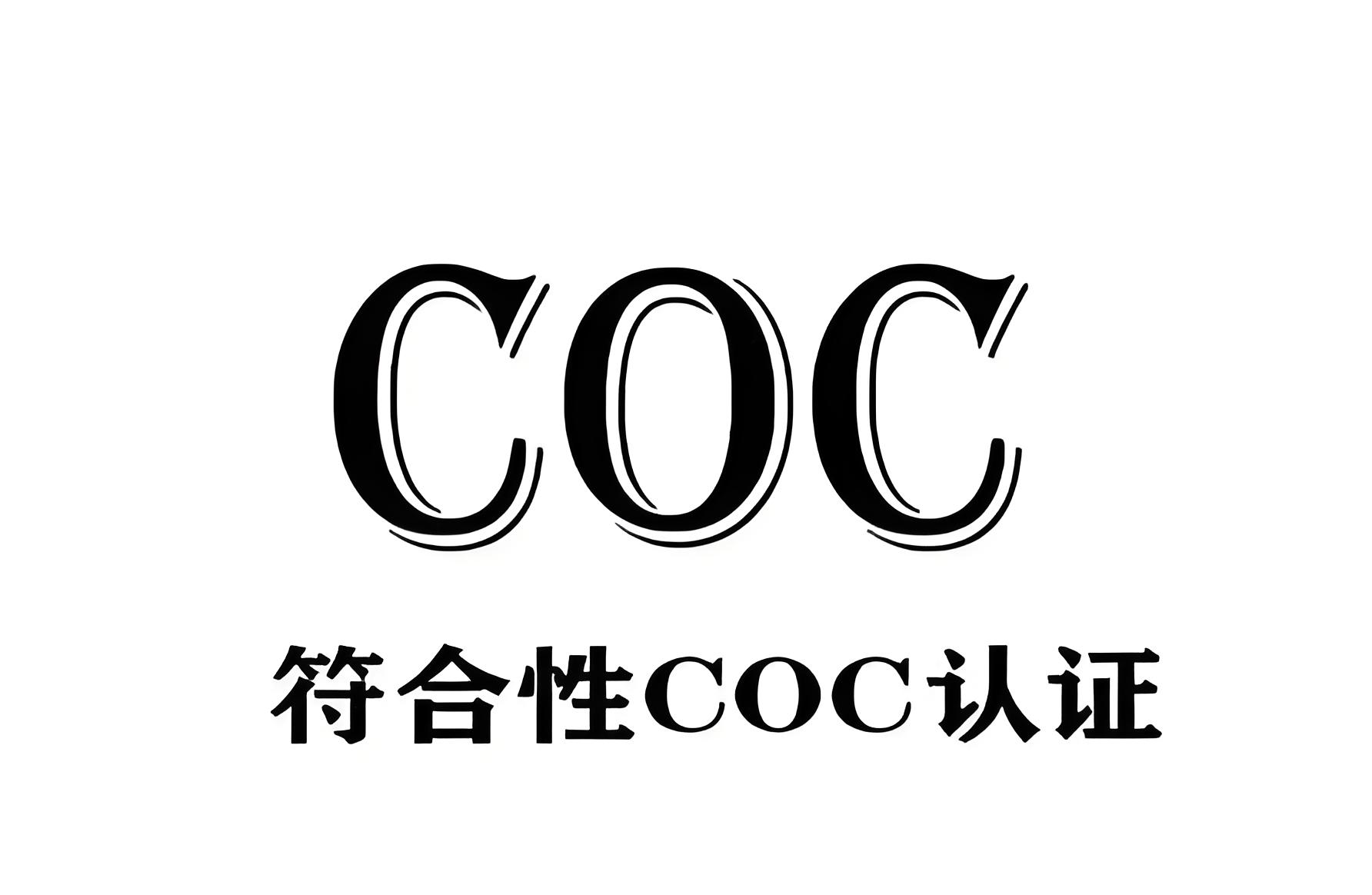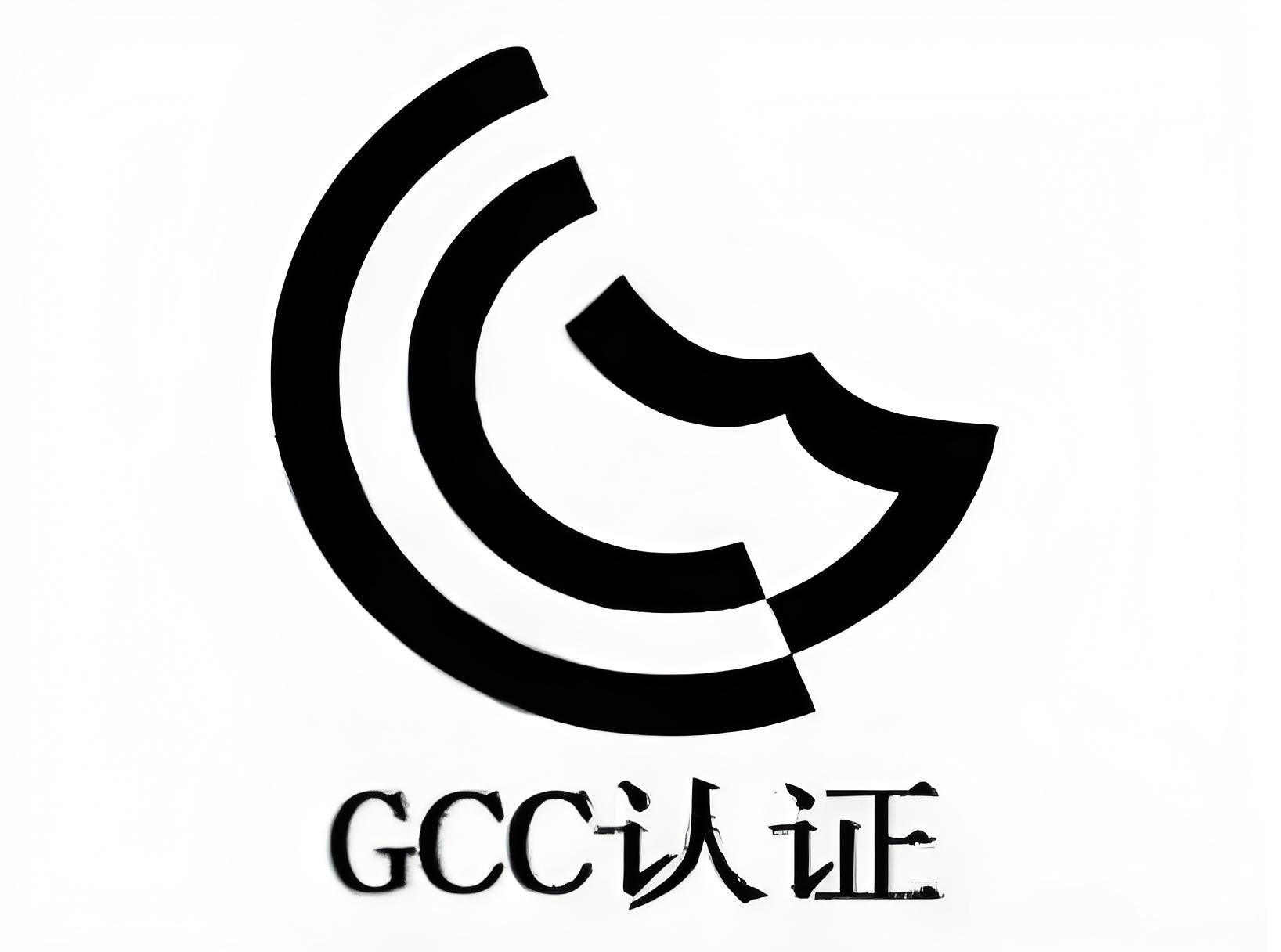
basic introduction
From wallets, handbags and backpacks to suitcases, these products are designed and designed to safely store our valuables and personal belongings. In order to ensure that these products can achieve the intended purpose, luggage and luggage testing is essential to meet consumer product expectations and ensure compliance with safety standards and requirements.
China is now a big country producing luggage. In 2005, China's total exports of luggage exceeded US$7 billion, accounting for nearly 70% of the total imports of developed countries and regions such as Europe and the United States. But looking ahead, the export outlook is not optimistic, the main reasons are:
First, there is no independent brand, and the product is cheap.
Second, international trade frictions are becoming increasingly apparent. The previous development model of expanding at low prices and winning by quantity puts Chinese luggage under high risks of international trade friction.
ZRLK's expert experience in luggage testing/inspection can help you gain the trust of buyers, break through the European Union's technical and environmental standards trade barriers, and enable you to occupy a competitive advantage and be invincible.
ZRLK's comprehensive luggage and luggage testing services can help manufacturers and retailers pass a wide range of product performance tests, such as strength and fatigue tests, zipper function tests, belts, buttons, handles, connectors, etc., to meet consumer expectations. And to ensure product quality and safety.
Physical performance test
Durability test (QB/T 1333, QB/T 2155)
Rolling test (SATRA)
Drop test (SATRA)
Water resistance test (AATCC 22, 35)
Static and dynamic load testing (SATRA)
Hazardous chemical analysis (EN 14362, LFGB & 64 BVL B 82.02.9, DIN 54231, BS EN ISO 14184-1, BS EN ISO 3071, BS EN 1122)
Accessories
Eyeglasses and sunglasses testing (ISO 12312, ISO 12870)
Button performance test (ATSM F963, EN 71, ISO 8124-1, GB 6675)
Zipper performance test (BS 3084)
Belt Performance Test (SATRA)
Corrosion resistance test (ASTM B117, ISO 9227)
International standards involved in luggage testing
● ASTM
● EN
● CPSC
● ISO
● AATCC
● BS
● ISTA
exam topic
Class A general product assessment items:
Craft level
Check whether there are any bad designs or parts that are harmful to users during use.
Roller/handle performance
Set the load of the bag under normal use, examine the fatigue resistance of the roller after rolling for a long time, and the strength and durability of the handle/shoulder strap.
Assessment items for Class B higher quality products:
Static load test
Set the load to exceed the normal load, test the strength of the handle/shoulder strap when it is in a static suspension
Handle dynamic strength load test
It can simulate the strength of the handle when the luggage is under load. For example, when the luggage handle is repeatedly lifted and lowered, it will reflect the material damage and the poor design of the handle structure.
Class C quality product assessment projects:
Drop test
The normal load-bearing luggage samples fall freely at a certain height for the corresponding number of times, and check the damage.
Squeeze test
Simulate the squeezing of luggage during transportation or storage.
Tie rod durability test
Simulate the process of raising and lowering the tie rod, and check the fatigue resistance of the tie rod mechanism.
other projects
Cabinet aspect-structural stability test
In terms of physical properties of the material-the weight of the fabric, the friction/light fastness of the fabric and leather, the thread fastness of the lock/zipper/handle/shoulder strap.
In terms of chemical properties of the material-testing of azo dyes that release carcinogenic aromatic amines, testing of formaldehyde content, total cadmium content, and hexavalent chromium.
Accessories-Corrosion resistance of metal parts, durability test of zipper opening/closing, opening/closing durability test of locks, shear force, tearing force, durability of magic stickers.
Our advantage
1. With a professional qualification and experienced expert technical team, we can provide you with professional consultation and services.
2. Have advanced laboratory equipment to ensure the accuracy and reliability of test data.
3. As a third-party testing and certification organization trusted by customers worldwide, we are your certificate of quality.


ANATEL certification is a mandatory certification for telecommunications equipment or related equipment by the Brazilian National Telecommunications Administration (Agência Nacional de Telecomunicações), including wireless communication equipment, wired communication equipment and related auxiliary equipment; this certification ensures that telecommunications equipment sold in the Brazilian market meets Brazil\'s technical standards and regulatory requirements, and guarantees the product\'s quality requirements such as radio frequency, electrical safety, electromagnetic compatibility, and electromagnetic exposure. If the product entering Brazil does not complete ANATEL certification, it may face fines, seizures, and other penalties.

COC certification in Algeria is a mandatory certification for products exported to Algeria, ensuring that the products comply with the country\'s safety, quality, and technical standards. The certification process includes document review, product testing, and factory inspection. Products that pass certification can be legally sold in the local market, protecting consumer interests and promoting fair trade.

GCC certification is the abbreviation for Gulf Cooperation Council certification, which is a mandatory certification requirement for products entering the market in Saudi Arabia and other countries in the Gulf region.
From wallets, handbags and backpacks to suitcases, these products are designed and designed to safely store our valuables and personal belongings.
Get a quote